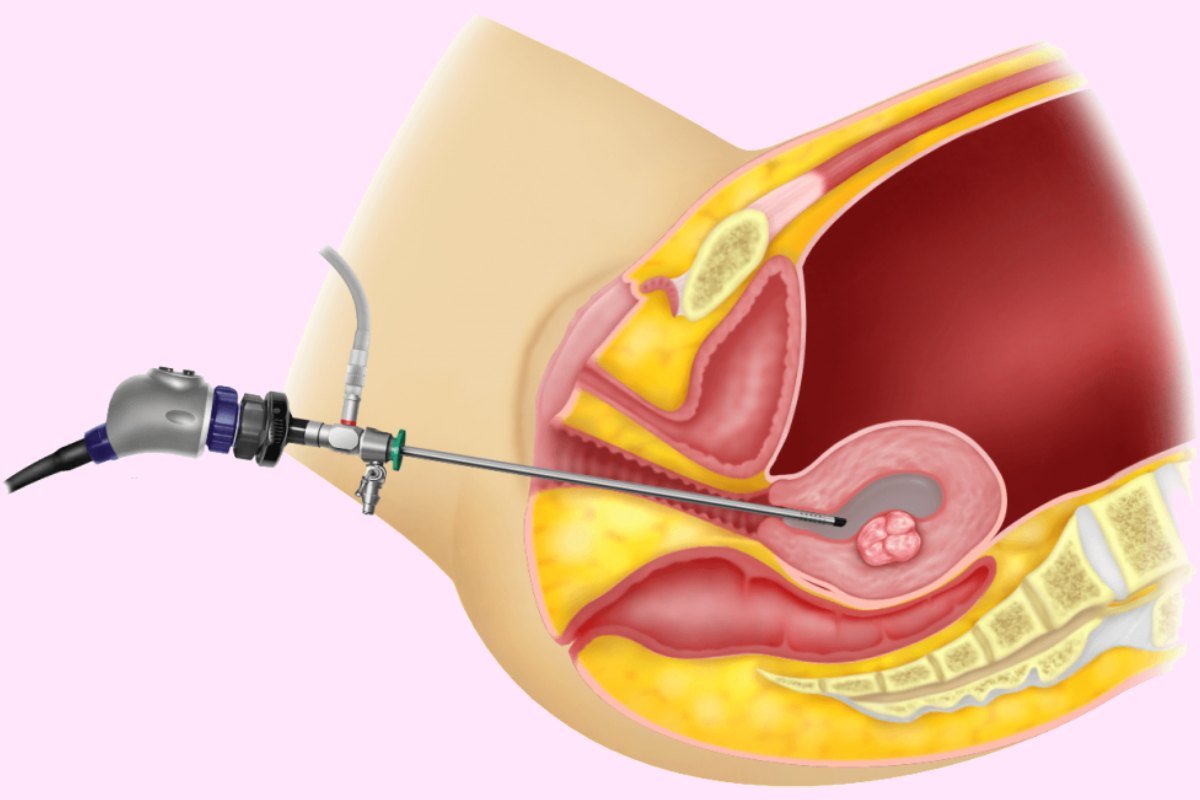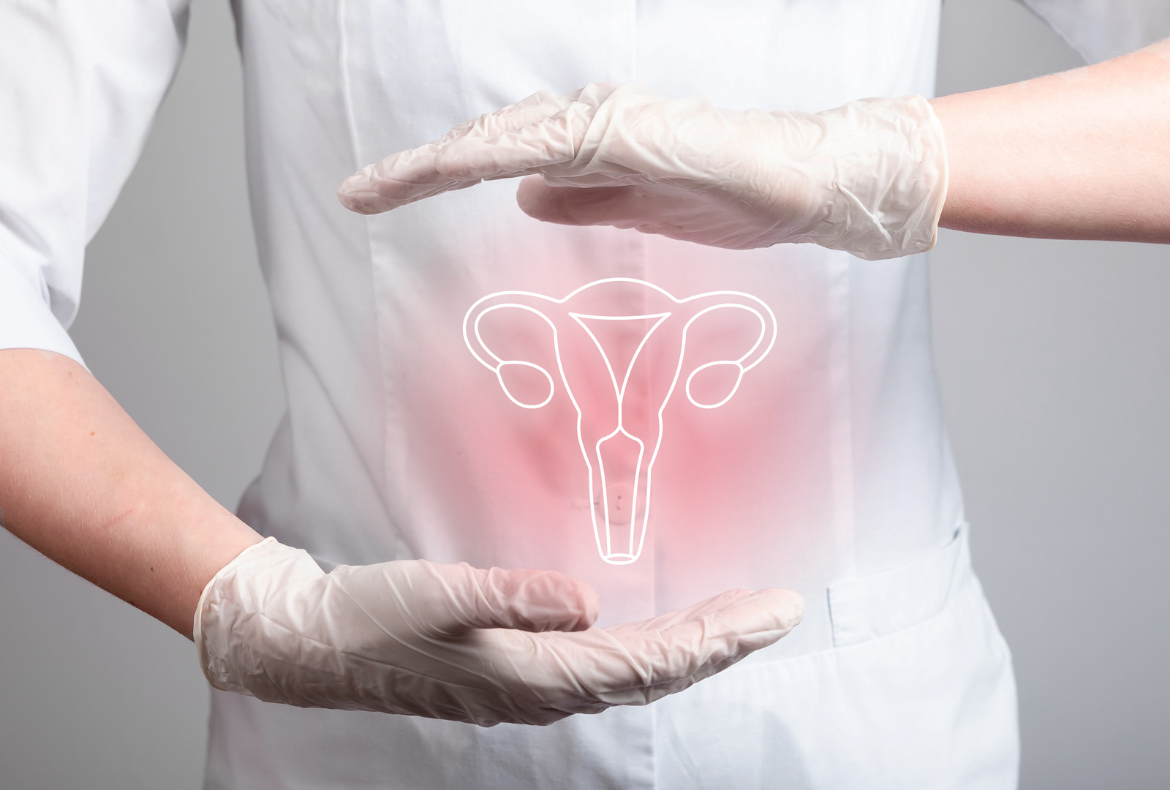Comfortable & Safe Procedure
Performed under local or general anesthesia with a focus on patient comfort and safety.

Diagnostic and operative hysteroscopy is a minimally invasive procedure that allows direct visualization of the uterine cavity to diagnose and treat various uterine conditions. It plays a vital role in addressing abnormal bleeding, infertility, and recurrent pregnancy loss.
Our specialized team uses state-of-the-art hysteroscopic equipment to perform precise diagnosis and safe treatment in a comfortable setting, minimizing recovery time and maximizing success rates.
We are committed to providing expert care through advanced hysteroscopy techniques that combine diagnostic accuracy with effective treatment.
Direct visualization enables identification of polyps, fibroids, adhesions, and other uterine abnormalities.
Simultaneous removal of uterine pathology such as polyps or adhesions during the same procedure.


Performed under local or general anesthesia with a focus on patient comfort and safety.
We guide you through every step, ensuring clarity and confidence throughout your treatment journey.
Detailed assessment to understand symptoms and plan the procedure.
Visual examination of the uterine cavity to identify abnormalities.
Removal or treatment of detected lesions in the same session when feasible.
We combine expertise, advanced technology, and patient-centered care to ensure optimal outcomes.
Understanding your medical history and symptoms thoroughly.
Utilizing cutting-edge hysteroscopes for detailed uterine inspection.
Safe removal or correction of uterine abnormalities with minimal discomfort.

Hysteroscopy helps diagnose polyps, fibroids, adhesions (Asherman’s syndrome), abnormal bleeding causes, and uterine malformations.
Operative hysteroscopy is generally well tolerated; anesthesia ensures minimal discomfort during the procedure.
Most patients resume normal activities within 1-2 days post-procedure, depending on the extent of operative treatment.